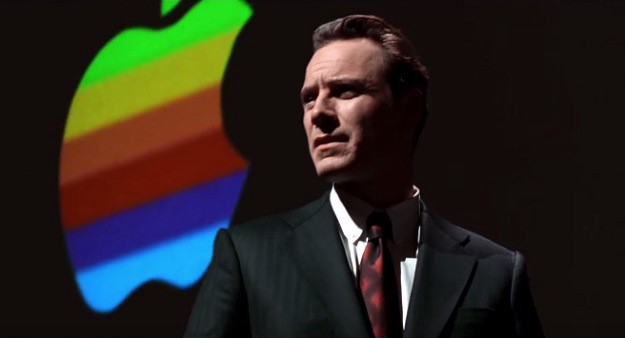The Good CEOs
They’re out there

It can be challenging enough to find a good manager or boss, someone with both quality interpersonal skills and business savvy; but a good CEO? A person who can inspire confidence and deserve it, who makes sensible decisions when necessary and takes risks when appropriate, who can be successful without only valuing success? In the words of the Bible, her worth is far above rubies.
I’ve been snookered by bad CEOs. I don’t feel bad about it: far smarter, richer, and experienced people than I have been taken in, too. But when I encounter what seems like an authentically good one, it is delightful. Like this fellow, Walt Bettinger, who runs Charles Schwab, and who revealed in an interview with the Times that he has character:
What about lessons you learned in college?
A business strategy course in my senior year stands out. I had maintained a 4.0 average all the way through, and I wanted to graduate with a perfect average. It came down to the final exam, and I had spent many hours studying and memorizing formulas to do calculations for the case studies.
The teacher handed out the final exam, and it was on one piece of paper, which really surprised me because I figured it would be longer than that. Once everyone had their paper, he said, “Go ahead and turn it over.” Both sides were blank.
And the professor said, “I’ve taught you everything I can teach you about business in the last 10 weeks, but the most important message, the most important question, is this: What’s the name of the lady who cleans this building?”
And that had a powerful impact. It was the only test I ever failed, and I got the B I deserved. Her name was Dottie, and I didn’t know Dottie. I’d seen her, but I’d never taken the time to ask her name. I’ve tried to know every Dottie I’ve worked with ever since.
Doesn’t that turn your eyes to little emoji hearts? Then there’s the clever way he gauges other people’s character: he takes them to breakfast and makes sure something goes wrong.
One thing I’ll do sometimes is to meet someone for breakfast for the interview. I’ll get there early, pull the manager of the restaurant aside, and say, “I want you to mess up the order of the person who’s going to be joining me. It’ll be O.K., and I’ll give a good tip, but mess up their order.”
I do that because I want to see how the person responds. That will help me understand how they deal with adversity. Are they upset, are they frustrated or are they understanding? Life is like that, and business is like that. It’s just another way to get a look inside their heart rather than their head.
He also asks about their “greatest failures” to see whether his interviewees blame someone else or take responsibility. Now tell me you wouldn’t be excited to get up every morning and work for someone like that.
(via The Blaze)
Support The Billfold
The Billfold continues to exist thanks to support from our readers. Help us continue to do our work by making a monthly pledge on Patreon or a one-time-only contribution through PayPal.
Comments